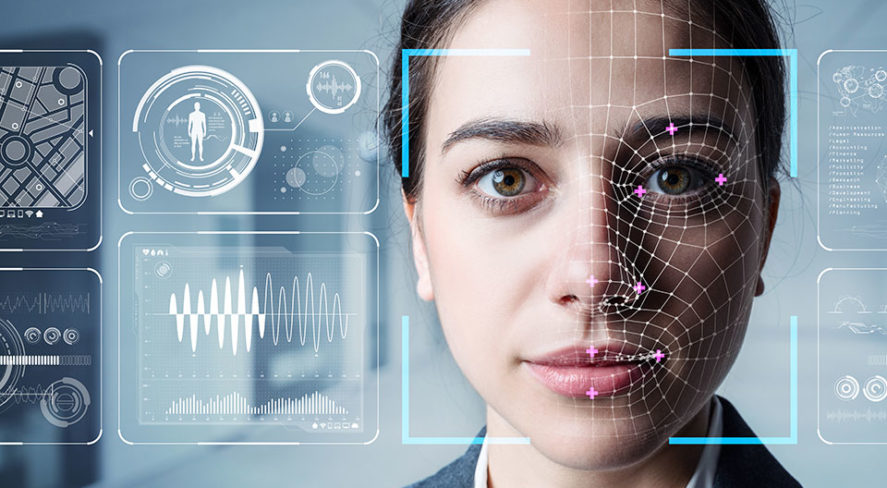Development of Artificial Intelligence, Facial Recognition Should Not Be Impeded, White House Official Says

One of the top science advisors in the White House cautioned at a recent event in Washington, D.C., against tightly restricting the development of artificial intelligence (AI) technology.
“I’m a firm believer that it is unethical to not use AI if it can lead to important benefits,” Deputy U.S. Chief Technology Officer Lynne Parker said.
While some nations deploy AI to oppress citizens, Ms. Parker said that is all the more reason for the United States to “make sure we continue to innovate in AI” in a manner that is consistent with the nation’s values and respects individual liberty and human rights. Imposing regulations in a way that could stifle domestic advances, she said, would effectively cede the development of AI to potentially unfriendly regimes and ensure that the United States would “no longer have trusted sources of the technology.”
The Trump administration in January released draft guidance for the regulation of AI that recommends a light regulatory touch, especially in cases not considered high-risk.
“Agencies must avoid a precautionary approach that holds AI systems to such an impossibly high standard that society cannot enjoy their benefits,” it states. “Where AI entails risk, agencies should consider the potential benefits and costs of employing AI, when compared to the systems AI has been designed to complement or replace.”
Public comments are being accepted on the draft through March 13.
Ms. Parker stressed that facial recognition, in particular, has important uses and warned that banning the technology in the U.S. would “help our adversaries move ahead of us technologically.”
On Jan. 15, SIA Senior Director of Government Relations Jake Parker said in testimony at a hearing of the House Oversight and Reform Committee that facial recognition is a highly accurate technology that provides society with “tremendous benefits.”
“Above all, we believe all technology products, including facial recognition technology, must only be used for purposes that are lawful, ethical and nondiscriminatory,” Mr. Parker said. “Specifically, we believe facial recognition makes our country safer and brings value to our everyday lives when used effectively and responsibly.”
